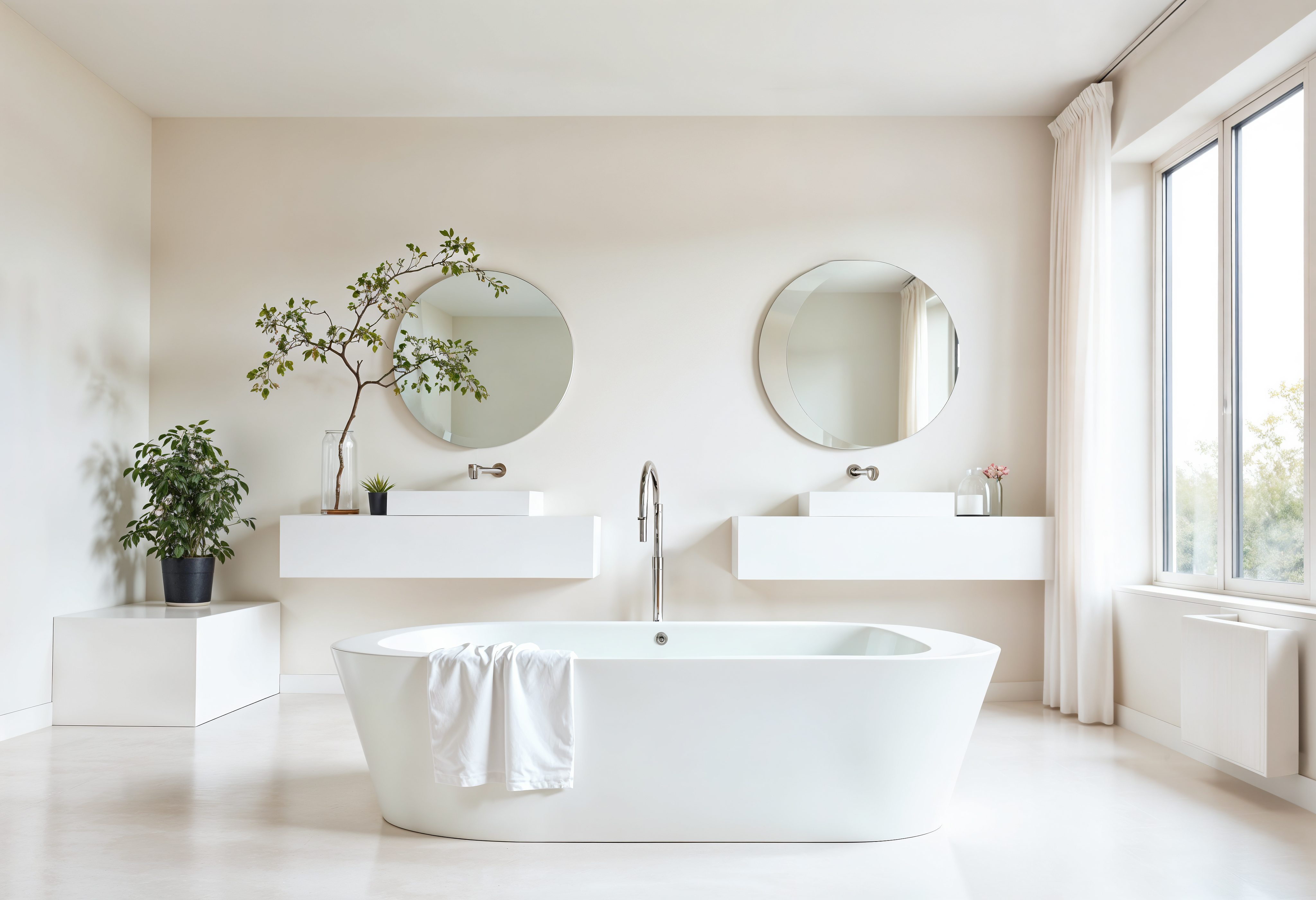

Your bathroom’s plumbing system plays a crucial role in your home’s functionality, ensuring a smooth water supply and drainage. Among the essential components of this system are the valves, which regulate water flow, pressure, and temperature. Choosing high-quality valves is critical to maintaining efficiency, preventing leaks, and ensuring long-term durability. In this guide, we will explore why investing in superior bathroom valves is essential, how to choose the right ones, and best practices for installation and maintenance.
Bathroom valves are vital components in controlling the movement and temperature of water. They help ensure that your fixtures operate efficiently while preventing leaks and other plumbing issues. A faulty or low-quality valve can cause water wastage, temperature inconsistencies, and even severe plumbing failures.
For an extensive selection of premium bathroom valves, check out Platobath’s bathroom valves collection and choose durable, high-performance options tailored to your needs.
Low-quality valves are more prone to leaks, which can cause extensive water damage, mold growth, and high repair costs. A high-quality valve made from durable materials like brass or stainless steel ensures a watertight seal, reducing the chances of leakage. Leaks not only lead to wastage but can also weaken the structural integrity of walls and floors, resulting in costly repairs.
Water waste is a major concern in many households. High-quality valves regulate water flow more effectively, reducing unnecessary usage. Investing in Platobath’s water-efficient valves can significantly lower your utility bills while promoting sustainable water consumption. Some modern valves come with flow restrictors that help minimize water wastage without affecting water pressure.
Fluctuating water pressure can be frustrating and may even damage plumbing fixtures. A pressure-balancing valve helps maintain a stable water flow, ensuring a consistent and comfortable user experience. Poor-quality valves may not be able to handle varying water pressure, leading to bursts in the pipeline and increased maintenance costs.
Sudden temperature fluctuations in the shower can cause burns, posing a serious risk to children and elderly family members. Thermostatic valves prevent this issue by maintaining a set water temperature. Explore Platobath’s thermostatic valves to enhance safety in your bathroom. In addition, pressure-balancing valves help eliminate temperature shock caused by simultaneous water usage elsewhere in the home.
High-quality valves protect plumbing fixtures from excessive wear and tear. They regulate water pressure and flow effectively, preventing unnecessary strain on faucets, showerheads, and pipes. Investing in premium valves helps extend the lifespan of your entire plumbing system.
Choose materials that resist corrosion and wear:
Opt for well-known manufacturers with a track record of producing high-quality plumbing components. Platobath offers premium valves that are tested for durability and efficiency. Always look for customer reviews and professional recommendations when selecting a brand.
Check for industry certifications such as NSF, UPC, or WaterSense to ensure your valves meet safety and efficiency standards. Certified products guarantee reliability and performance under various conditions.
Not all valves work with every plumbing setup. Make sure the valve you choose is compatible with your home’s existing plumbing infrastructure. If you’re uncertain, consult Platobath’s plumbing guides for expert advice.
Check your valves periodically for any signs of corrosion, leaks, or wear. Identifying issues early can prevent costly repairs. Look for water stains, drips, or unusual noises coming from your plumbing system.
Hard water buildup can affect valve performance. Clean your valves with a vinegar solution or a mild descaling agent to prevent blockages. Installing a water softener can also help reduce mineral deposits.
Washers and seals may degrade over time. If you notice reduced efficiency, consider replacing these components rather than the entire valve. Always use high-quality replacement parts to maintain the performance of your valves.
Though premium valves may have a higher upfront cost, they significantly reduce long-term expenses by minimizing water waste, preventing leaks, and decreasing the need for frequent replacements.
Prospective homebuyers value a well-maintained plumbing system. High-quality valves contribute to a home’s overall efficiency and durability, making it a more attractive investment.
By choosing durable valves, you can avoid frequent plumbing issues, saving you the time and hassle of dealing with unexpected leaks or failures.
Investing in high-quality bathroom valves is crucial for maintaining a safe, efficient, and comfortable bathroom. From preventing water damage to enhancing user experience, premium valves provide numerous long-term benefits. Explore Platobath’s extensive collection to find the best options tailored to your needs. Upgrade your bathroom today with durable and reliable plumbing solutions.
5. Frequently Asked Questions (FAQ)
High-quality bathroom valves typically last 10-15 years with proper maintenance.
Yes, if you have basic plumbing skills. For complex systems, professional installation is recommended.
Brass and stainless steel are the most durable and corrosion-resistant materials.
It could be due to a worn-out washer, loose fittings, or corrosion. Replacing the washer or tightening the connection usually helps.
Installing a thermostatic or pressure-balancing valve can help maintain a consistent water temperature.

Product In Your Cart.
